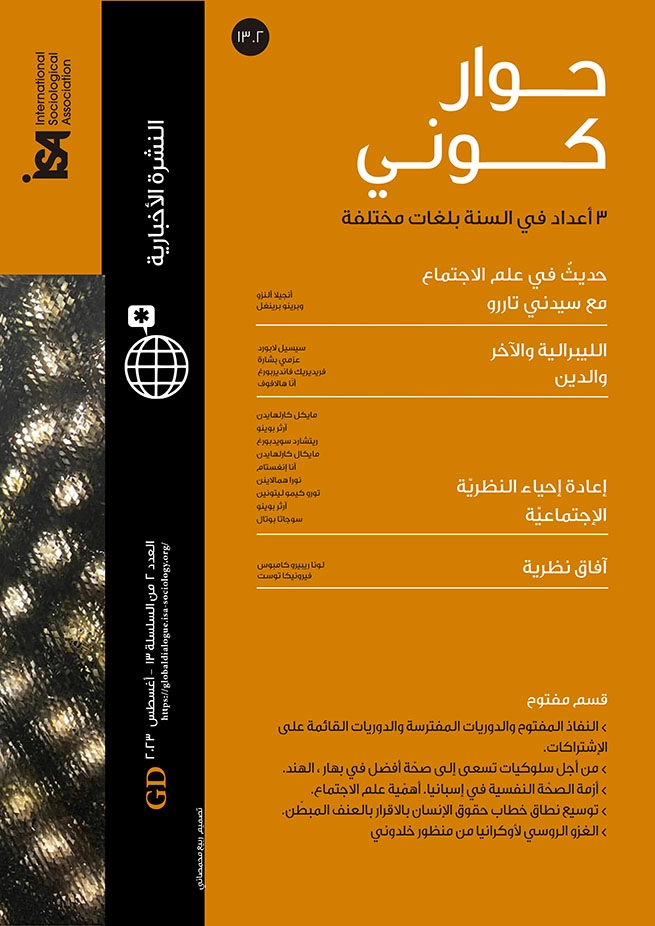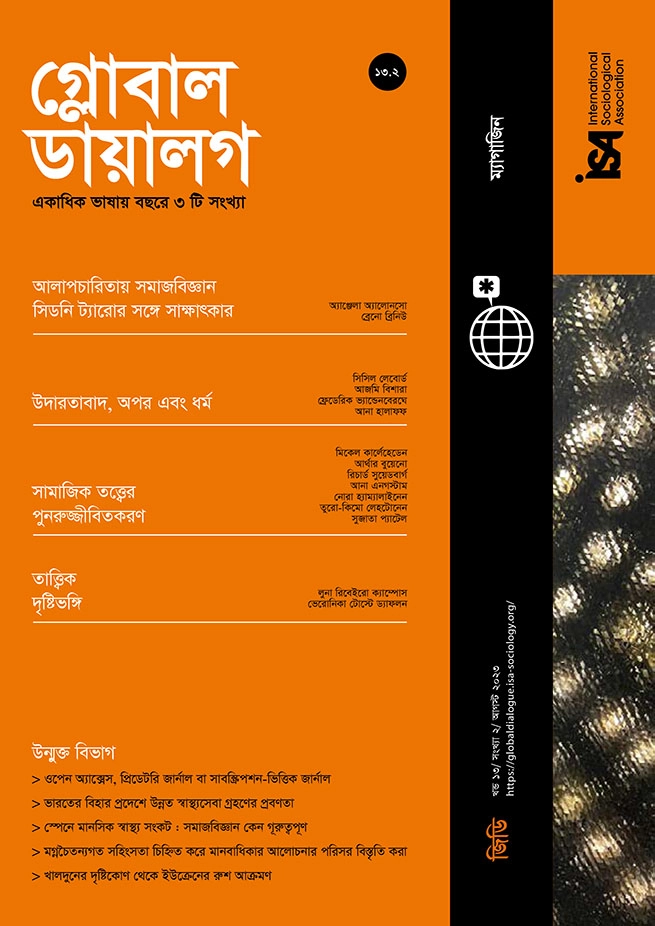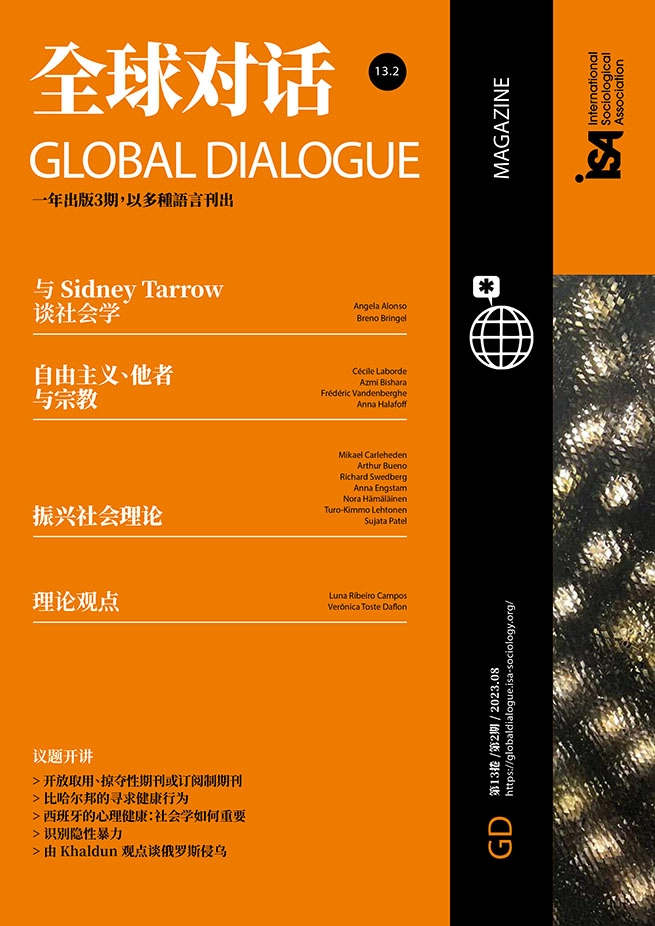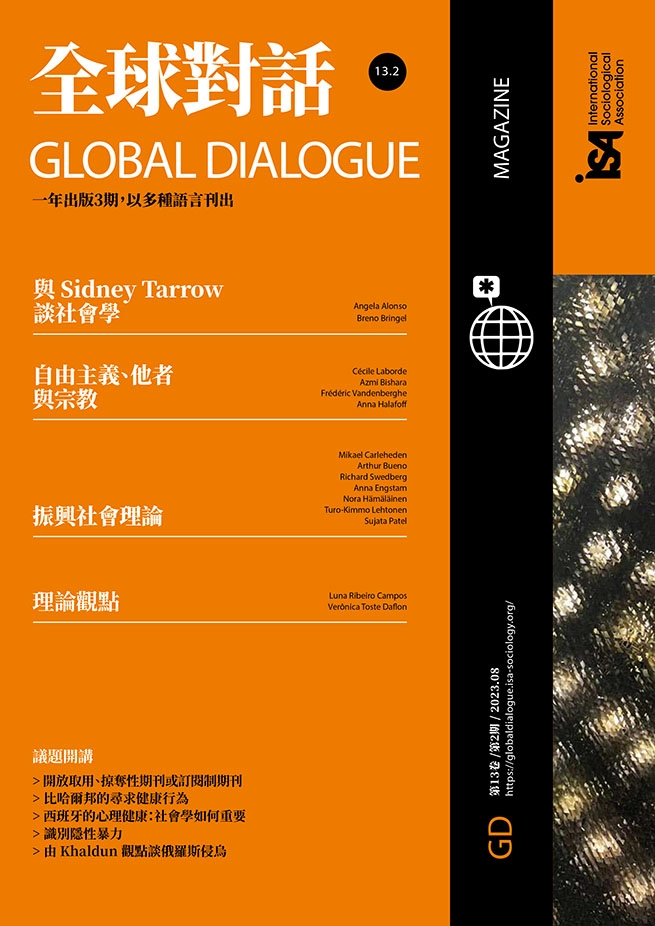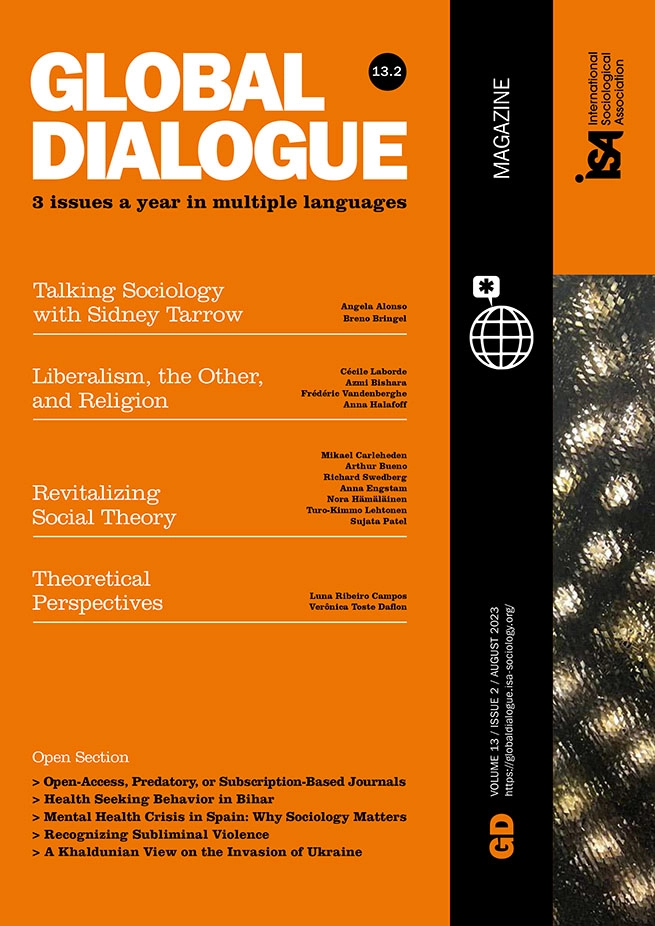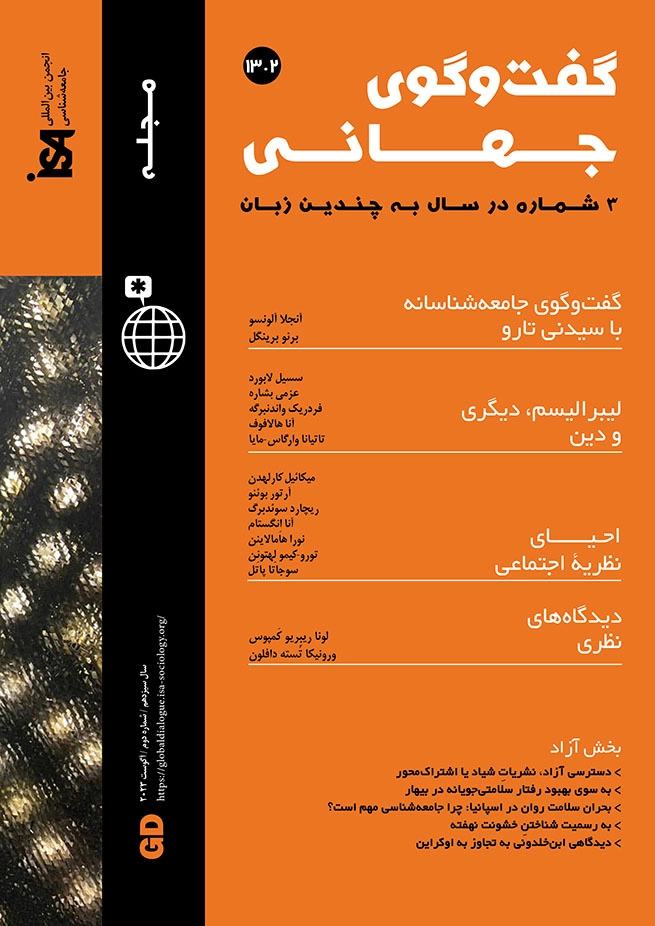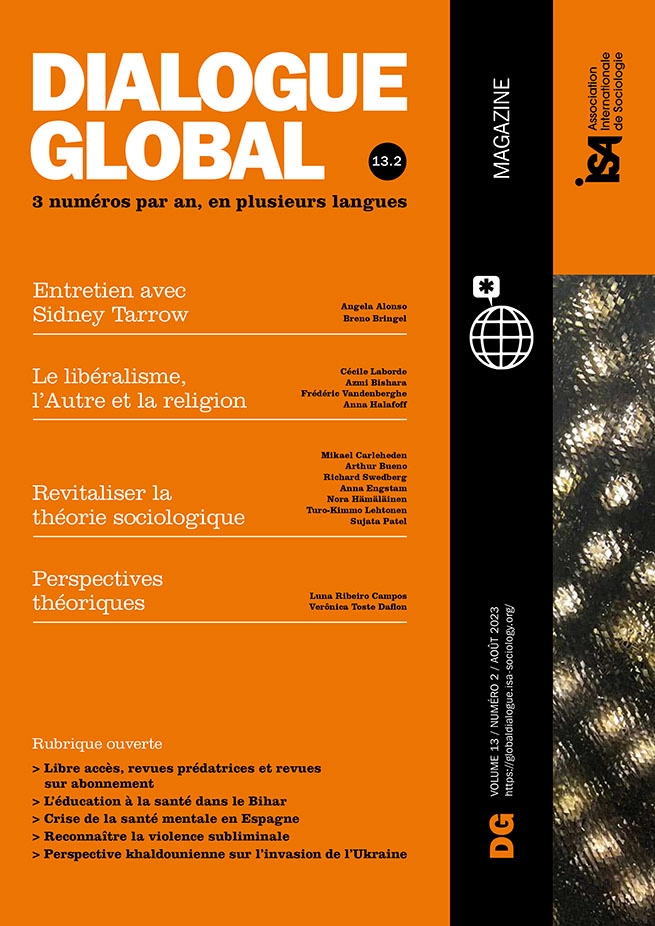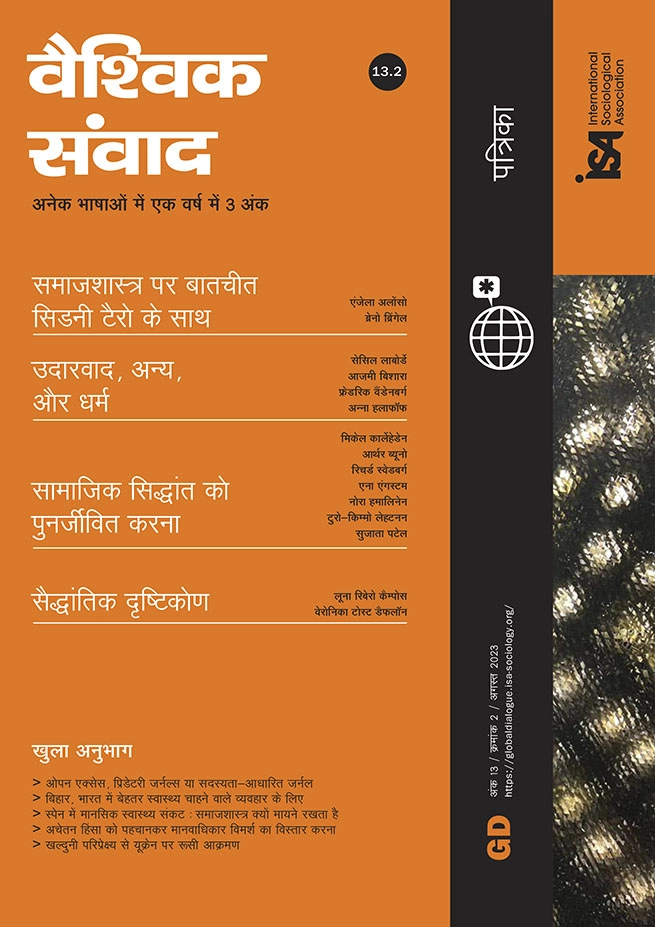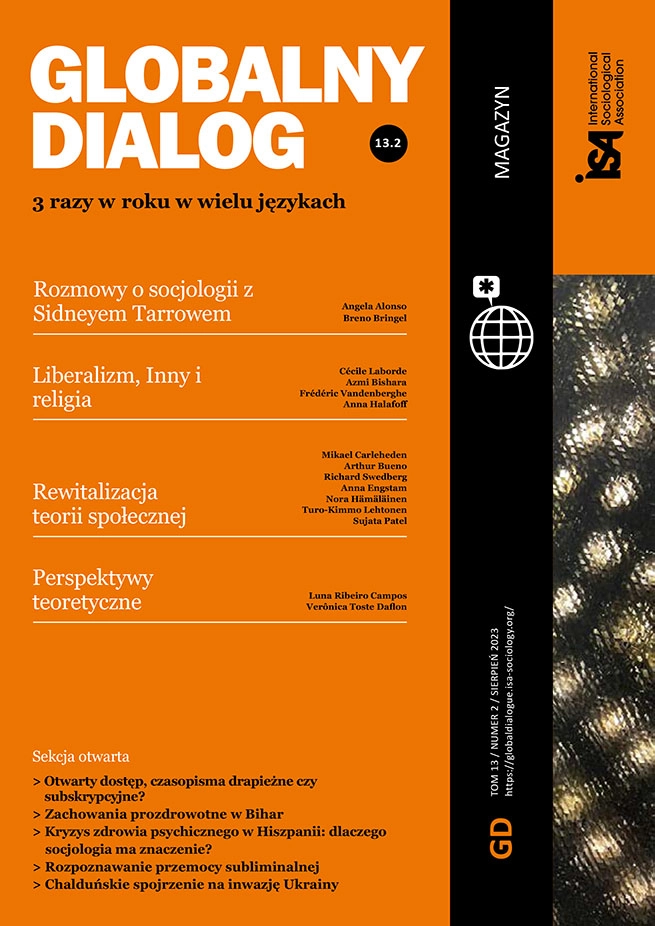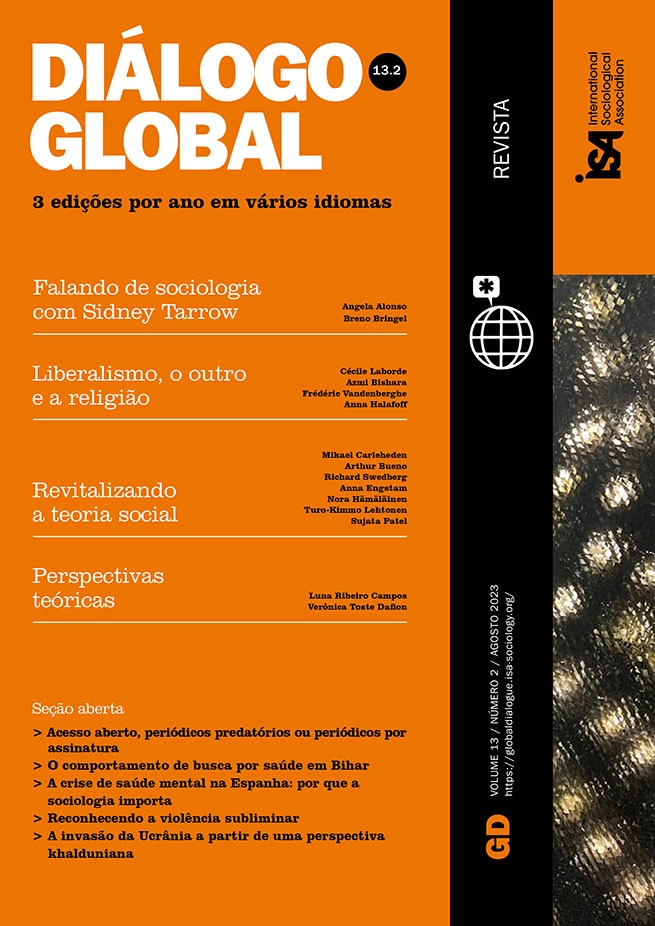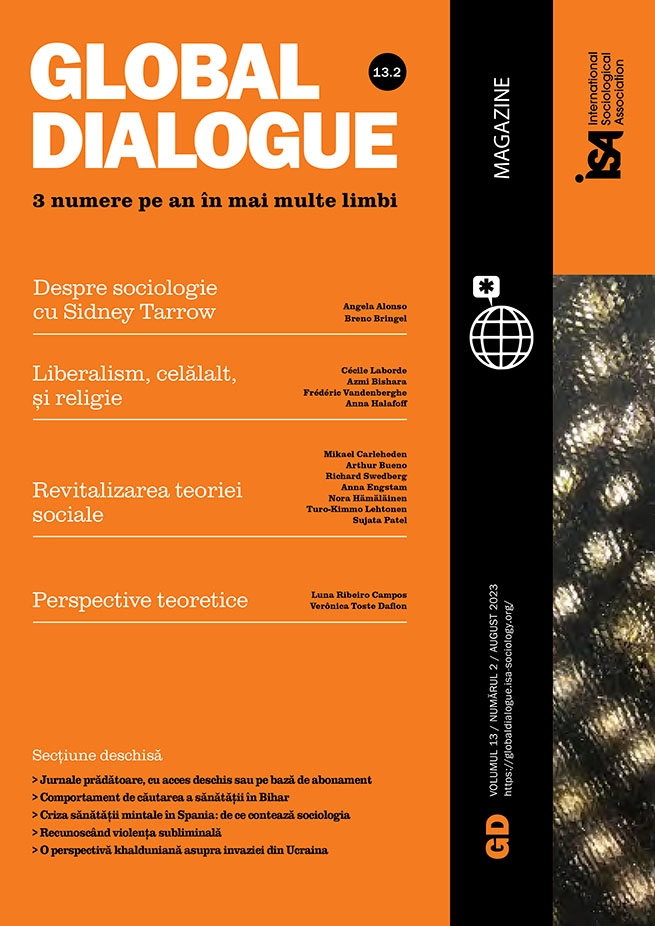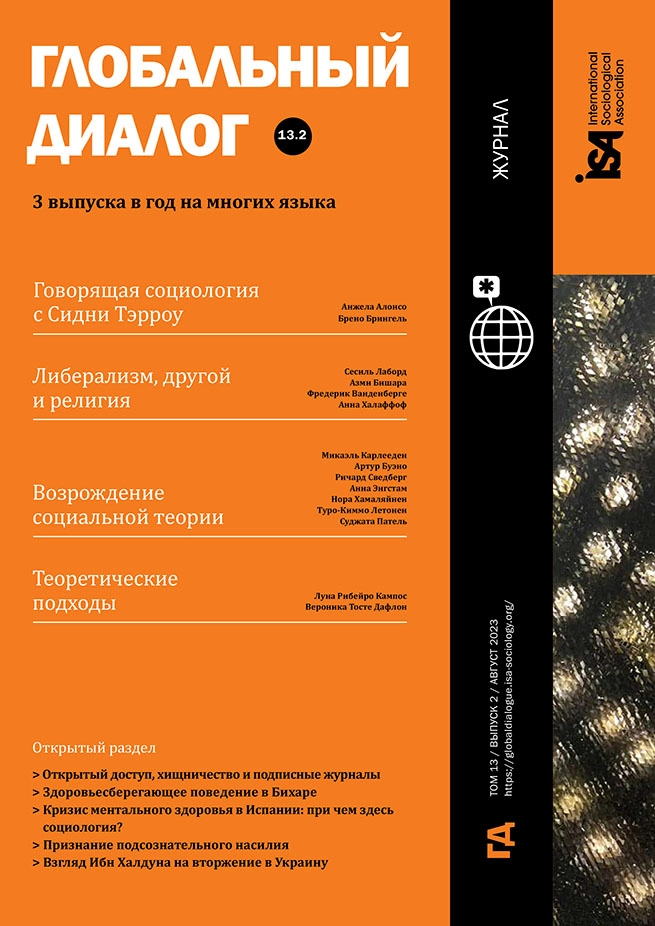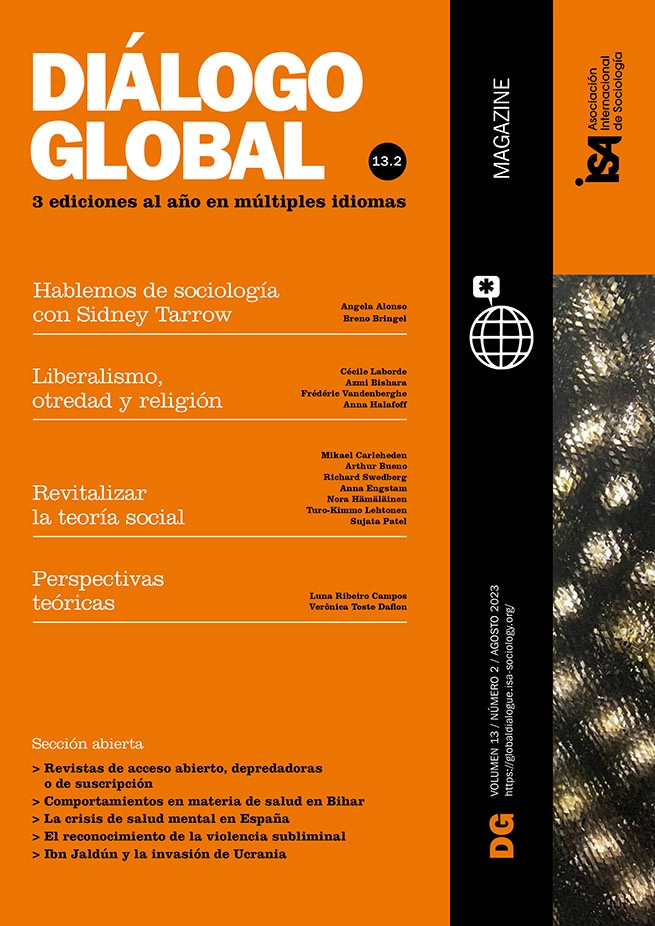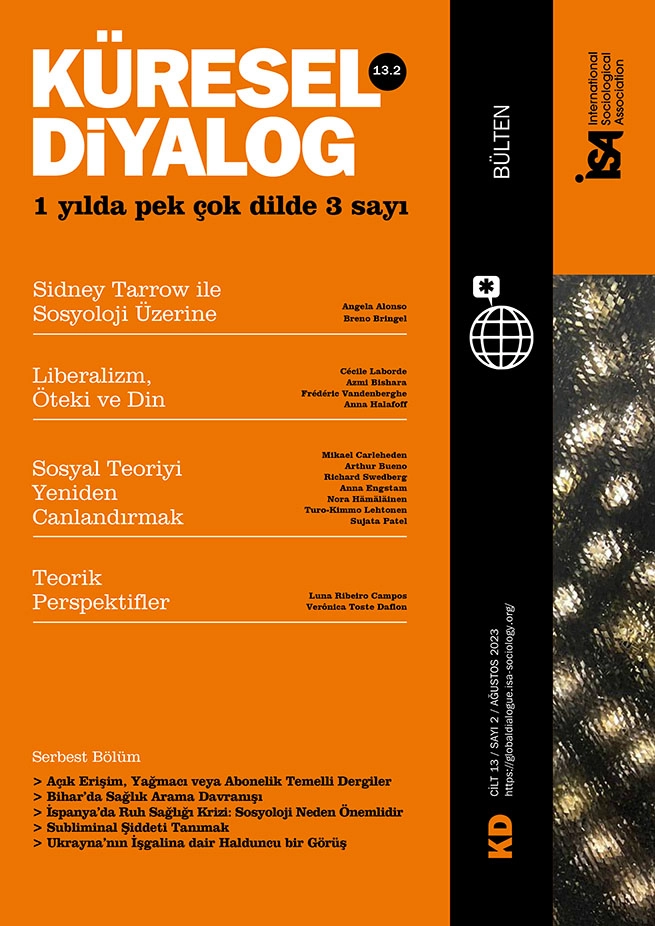Religious nationalism is on the rise globally, as is its capacity to inflict violence – both direct and structural – on “others”. These others are commonly understood to be human cultural, religious, gender, and sexuality minorities, and also non-human lifeforms. While it is often argued that religion is misused by perpetrators of harms, scholarship on the “ambivalence of the sacred” argues that most religions have certain qualities that pre-dispose them to both violence and peacebuilding.
Devastating results of man’s dominion and increased conservative trends
Religious exceptionalism and exclusivism, the sense of having the one and only right way, access to the truth, and superiority over others, lead to inevitable conflicts between religious and non-religious groups, as well as with state and other actors. Doctrines of “holy war”, common to many religious traditions, justify violence when one’s religion is perceived as being threatened. Numerous religious texts allocate a lower status to women, and LGBTI+ people. The belief that religion is over and above the law has also resulted in devastating harms to children, women, and gender and sexuality diverse minorities. Most prominent religious figures are men, and religious ideologies frequently assert man’s dominion over all other forms of life.
Despite predictions of secularization in modernity – the decline of the power and influence of religion over states and societies – there has instead been a disturbing trend towards a strengthening of conservative religious, political, and media alliances in many parts of the world in recent decades, with devastating results.
Cosmopolitanism and the backlash of anti-cosmopolitan terror
A useful framework to understand this phenomenon is the clash, not of civilizations, but between cosmopolitan and anti-cosmopolitan actors, building on the work of sociologist Ulrich Beck. The mid-late twentieth-century was a cosmopolitan moment, where there was a growing global appreciation for the need to respect both human and environmental rights and diversity. This was acknowledged in global Declarations and Covenants, and local laws and policies, that protected minorities and multiple species from harms. However, these developments were not universally accepted, given they undermined the power and privileges of conservative, including religious, groups and institutions. This resulted in an anti-cosmopolitan backlash, and the rise of extremist religious movements and nationalisms, denouncing minority rights, liberalism, and democracy, and calling for a return to heteronormative “family values”.
For example, I first used the phrase ‘anti-cosmopolitan terror’ in 2014, to describe Anders Breivik’s horrendous 2011 attack in Norway. His anti-migration and anti-feminist Manifesto cited anti-Muslim statements made by Australian conservative political and religious leaders, at the height of the Australian values debate. Brenton Tarrant’s horrific 2019 Mosque shooting in Christchurch, and his Manifesto, were also inspired by Breivik and fueled by anti-migration views and White supremacism, formed in Australia and Europe.
In India, Narendra Modi’s, authoritarian, Hindu nationalism has also resulted in rising anti-Muslim prejudices and violent clashes between those supporting Hindutva and those opposing it. Vladimir Putin has, most ominously, long positioned himself as the leader of the conservative world, through unparalleled online propaganda. Putin’s regime is founded on Russian and Russian Orthodox exceptionalism, and a dangerous vision to restore Russia to its former glory. Putin and Patriarch Kirill are engaged in a brutal holy war in Ukraine and against the West, spreading hate and disinformation to destabilize democracies, while at the same time lending support to other anti-cosmopolitan leaders and far-right movements globally. Putin’s terror is being strongly resisted by Volodymyr Zelenskyy, the Ukrainian people, and their allies, and by anti-Putin and anti-war activists in Russia, such as Alexei Navalny and his supporters.
Our current duty as sociologists (of religion)
It is crucial to better understand the role of conservative religious, political and media actors in propagating this anti-cosmopolitan terror and violence globally, and critical that we, as sociologists alongside more progressive religious and non-religious peacebuilders, play a role in strongly condemning and countering it. Sociologists conduct research on social relationships and institutions, including issues pertaining to social equality and inequality. A plethora of sociological research internationally over many decades has documented the harms caused by racism and discrimination against minorities, and the importance of inclusion and belonging to individual and societal peace and wellbeing.
Sociologists of religion have focused significant attention on documenting the negative effects of discrimination against religious minorities, yet have been comparably less engaged in exposing and preventing religious and spiritual harms.
Given a broad acknowledgement that calls for religious freedom have shifted in recent years from a shield against hate, to a sword – namely, a justification for holding and expressing discriminatory views – it is vital that sociologists also be prepared to move to interrogating all forms of hate and harms related to religion.
Anna Halafoff, Deakin University, Australia <anna.halafoff@deakin.edu.au>



